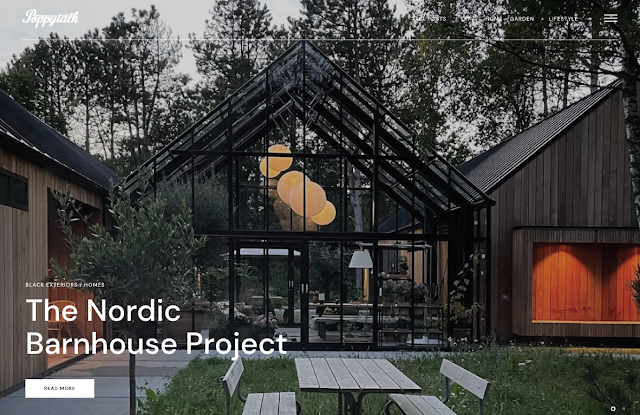 |
| Photo by Janis Nicolay |
Something big happened last week, and it didn’t get very much coverage. Moss, a very venerable design store in SoHo, New York, announced that it would be closing its doors in February. The business was formed 18 years ago and was truly a pioneer in featuring cutting-edge high design but also great design items of any provenance; Moss sold $20,000 couches and $20 Tupperware sets.
I remember visiting Moss in 2000 amazed that a place like that existed - hence my shock on hearing the news, or rather the lack of news. The closure got a mention in the New York Times but the coverage overall is low-key. On Apartment Therapy, the post about Moss closing received all of 2 comments.
OK, so what? Moss largely catered to the kind of money that isn’t being thrown around as much anymore, which the founders Murray Moss and Franklin Getchell acknowledged. (There’s a great interview about the closure in Artinfo). Buyers today are shifting toward a different kind of design, as well as a different kind of retail experience. I think Murray Moss realized this; they are reopening a smaller office/showroom as Moss Bureau, a consulting agency/think tank. In tech startup terms, Moss executed a pivot.
A pivot is a fancy term for changing your mind. Changing your mind on a whim is bad for business; changing it in response to what your customers and your numbers tell you is good. As creative business owners and entrepreneurs who often feel like we are swimming upstream, we are told to stay focused on our original vision, or dream. However, if signs point otherwise, it might be time to alter your dream to keep your business viable and growing.
In his Artinfo interview, Moss stated that he was not sentimental about closing the storefront, and that what people were buying, in essence, was him - his ability to find and inspire designers. This seems like a rather grand statement but is something to think about. When somebody buys your product, they are also telling you that they want to support *you* and your vision. Crowdfunding sites like Kickstarter and IndieGoGo understand this - there is the motivation of receiving goods or services but also you get the satisfaction of helping someone achieve their dream.
If you find yourself struggling with your business, despite great feedback from customers or lots of press, perhaps it’s time to take another look at the vision statement of your business plan. Do the feedback you receive or the metrics you run correlate to your original vision? Are you willing to give up part of your business that you may personally love (but doesn’t receive much love from buyers) in order to help the rest of your business thrive? I’ve gone though this myself, and it’s not easy to change one’s mind, but ultimately I had no regrets. Please share your thoughts below!





4 comments:
hi Rena~
Knowing that change is inevitable & can be approached with a positive perspective is a key element to being Alive, and that is what every business needs to be. I believe the core values can remain but there can be new ideas implemented all the time. Recently, I have transitioned my art business from brick+mortar to an online shop. This is so exciting and at times overwhelming, yet my dream & message is still the same, Love, Life, Happiness, "Lucky to be YOU*!"
Love this post! I think giving a good look (& directing change) at your small business is valuable to keep yourself in love with your business, as well as your customers.
Moss? Closing?? I spent many afternoons wandering down to the village to check out the latest design wonders- it was like going to a design museum. Saying that, change is good & keeps us all on our toes. I reflect on a weekly (if not daily) basis if what I'm doing is going in the right direction for me & my small business. The fun part is seeing the small goals change organically in a way you never considered.
Great article! My only problem is trying to figure out what customers want so I CAN change my business.
Post a Comment